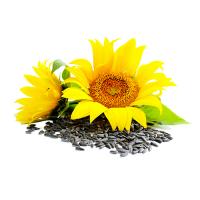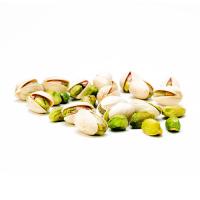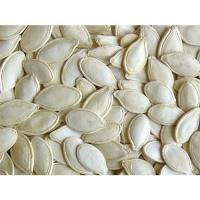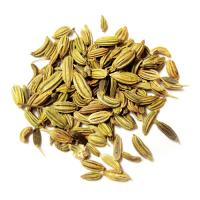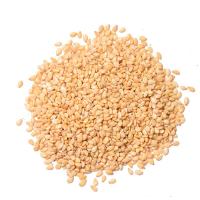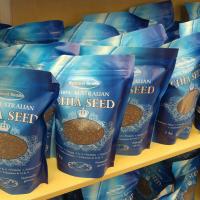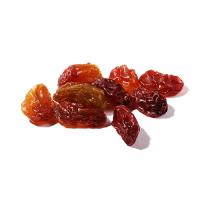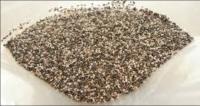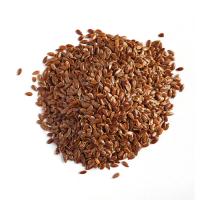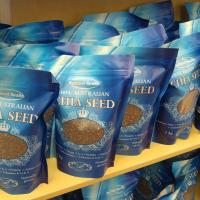Product Specification
| Brand | Spride Exports |
| Shelf Life | 1 WEEK |
| Storage Method | DRY |
Product Descriptions
A tall annual herbaceous plant of tropical and subtropical areas of the Old World, cultivated for its oil-rich seeds. The edible seeds of the sesame plant, which are used whole or have the oil extracted.Sesame seeds can be readily available in the spice stores all around the year. You may choose whole, husked or air-dried, toasted seeds in these stores.
Flavorful, crunchy sesame seeds are widely considered as healthy foods. 100 grams of seeds carry 573 calories. Although, much of its calorie comes from fats, sesame contains several notable health-benefiting nutrients, minerals, antioxidants and vitamins.
The seeds are especially rich in mono-unsaturated fatty acid, oleic acid, which comprises of up to 50% of fatty acids in them. Oleic acid helps lower LDL or "bad cholesterol" and increases HDL or "good cholesterol" in the blood. Research studies suggest that Mediterranean diet which is rich in mono-unsaturated fats may help prevent coronary artery disease, and stroke by favoring healthy serum lipid profile.
The seeds can be available in black, brown, yellow or white colors, packed inside air-seal packs as well as in bulk bins. Hulled seeds appear white.Sesame composes of significant proportions of unsaturated fats, and hence, should be stored inside airtight containers to avoid them turn rancid. At home, place them in cool dark place.
If stored properly, dry seeds generally stay fresh for several months. Store hulled "white" seeds always inside the refrigerator.Avoid old, offensive smelling (rancid) seeds.



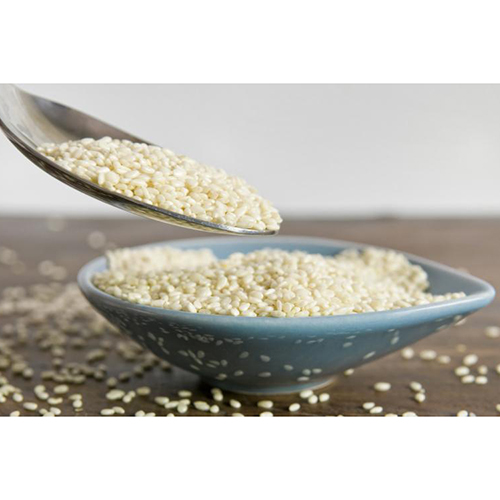
 Safe and secure payments using Abraa safe trade systems
Safe and secure payments using Abraa safe trade systems  \
\
